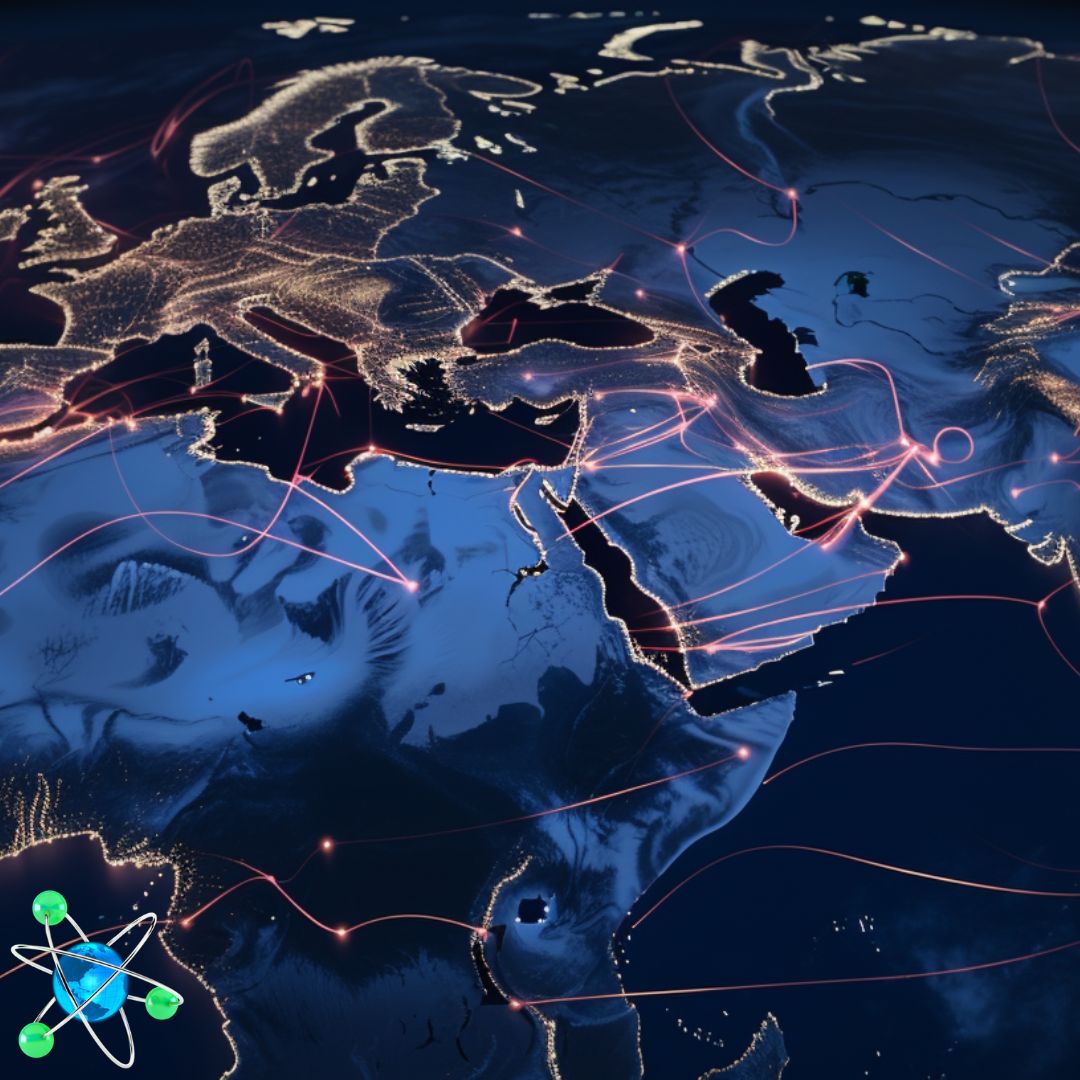
- Landmark Civil Nuclear Agreement Progress: The U.S. is finalizing steps to remove regulatory barriers for nuclear cooperation with India, addressing liability law conflicts that previously hindered American firms from building nuclear plants in the country.
- Strategic Technology Partnerships Deepened: Under the Initiative on Critical and Emerging Technology, the two nations are strengthening collaboration in quantum computing, AI, 5G, semiconductors, and defense to counter China’s dominance and ensure resilient supply chains.
- Bipartisan Commitment to India-U.S. Relations: Despite geopolitical challenges, including India’s ties with Moscow and regional tensions, the growing alignment underscores a shared vision for peace, stability, and innovation in the Indo-Pacific.
The United States is taking significant steps to remove barriers to civil nuclear cooperation with Indian firms, a move hailed as a breakthrough in strengthening the strategic partnership between the two nations. U.S. National Security Adviser Jake Sullivan, speaking in New Delhi, emphasized the importance of this development, calling it an opportunity to overcome past challenges and foster deeper collaboration in nuclear energy and related fields.
This progress builds on a landmark 2007 agreement that ended three decades of U.S. sanctions on India following its nuclear tests. That agreement opened doors for India to access civil nuclear technology, a critical component of the country’s efforts to address its growing energy demands. However, longstanding hurdles remained. Indian liability laws, which hold the firm building a nuclear plant accountable for any accidents rather than the operator, conflicted with global norms and discouraged U.S. companies from entering the Indian market. Sullivan announced that the formal paperwork to address these regulatory obstacles is nearing completion, paving the way for new partnerships between U.S. firms, Indian enterprises, and the broader scientific and technological community.
The announcement coincided with Sullivan’s visit to India, just weeks before the United States transitions to a new administration under President-elect Donald Trump. Speaking at the Indian Institute of Technology in New Delhi, Sullivan underscored the importance of U.S.-India collaboration in maintaining peace and stability in the Indo-Pacific. Analysts view this visit as a signal of the robust bipartisan consensus in Washington on the value of the U.S.-India relationship, particularly in the face of shared concerns about China’s growing influence. The Indian Express, a leading newspaper, highlighted this continuity, noting the consistent U.S. policy focus on strengthening ties with India across administrations.
Beyond civil nuclear cooperation, Sullivan emphasized the importance of the Initiative on Critical and Emerging Technology, launched two years ago to enhance collaboration in cutting-edge fields. This initiative seeks to deepen U.S.-India partnerships in areas such as quantum computing, artificial intelligence, defense technologies, 5G wireless networks, and semiconductors—industries where China has established a dominant position. Sullivan stressed the need for democracies like the U.S. and India to reduce dependencies that could be weaponized in a rapidly shifting global landscape. He pointed to the reconfiguration of global supply chains as an opportunity for the two countries to reinforce their strategic and economic ties.
During his visit, Sullivan met with Indian National Security Adviser Ajit Doval and Foreign Minister Subrahmanyam Jaishankar to discuss regional and global cooperation. Jaishankar later reflected on the progress in their dialogue over the past four years, noting the openness and depth of their discussions. Despite challenges, such as India’s ongoing ties with Moscow and tensions over a 2023 incident involving a foiled assassination plot connected to a former Indian government employee, the two nations have continued to strengthen their partnership.
This renewed push for cooperation, particularly in critical technologies and civil nuclear energy, underscores the growing alignment between New Delhi and Washington. While the future under the Trump administration remains uncertain, experts view the current momentum as indicative of a deepening strategic congruence that holds promise for both nations.

0 Comments